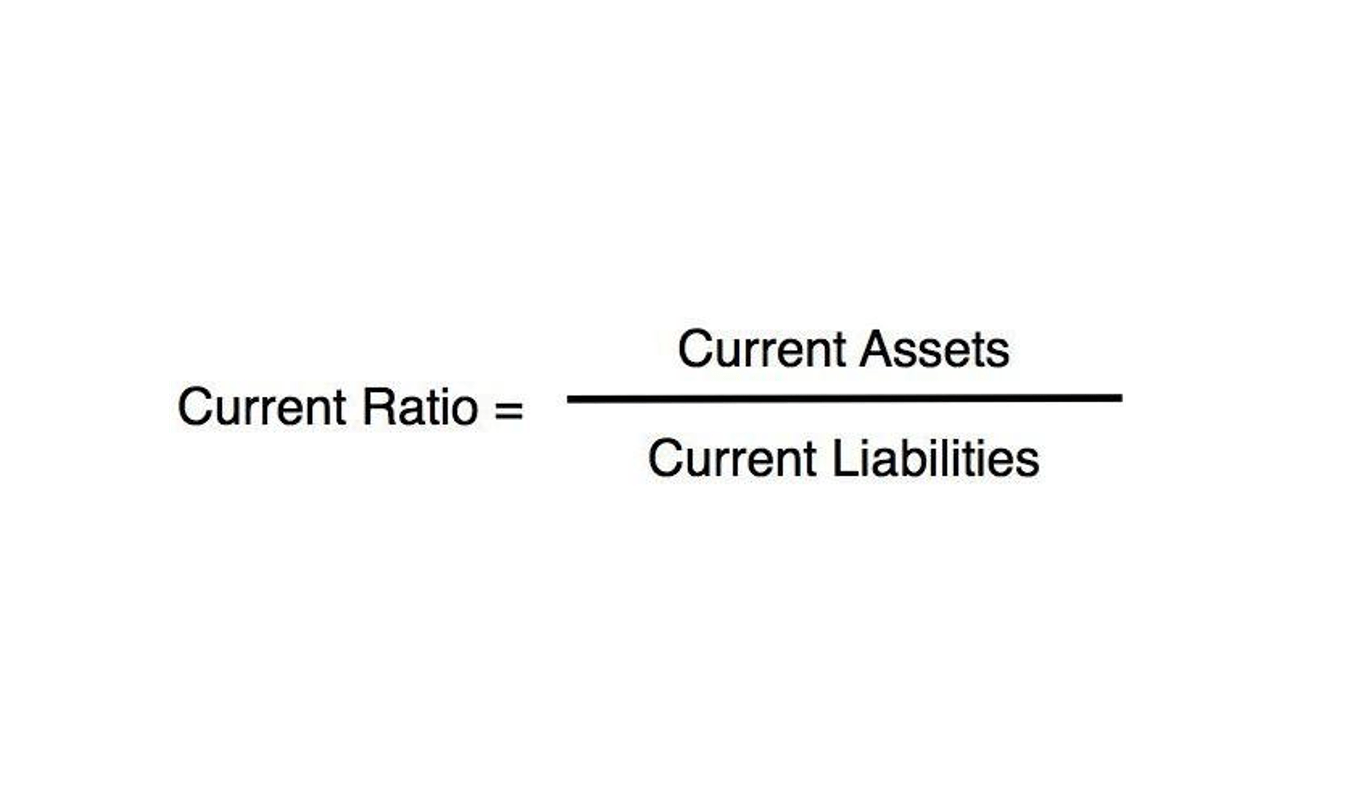Content

Many founders are the last to be paid in their first year, as all of the company’s revenue goes back into the business. These make up just a handful of the potential costs you’ll need to consider. Some will remain fixed, others will operate as variable costs and some may shift between the two over time. Insurance is another important cost you should budget for as a new business owner. Depending on the type of business you operate, some types of business insurance coverage may be more important than others. The SBA advises limiting your marketing expenses to 7% or 8% of your revenue.
Do you need money to start a business?
While the saying is generally true, it's not as black and white as you might think. You can absolutely start a business with no money—as long as you have some patience, resourcefulness, and savvy. The capital you need at the beginning will also depend on the type of business you're trying to start.
Active conduct of a trade or business generally occurs when the corporation has begun the conduct of operations for which it was organized (i.e., is in a position to begin generating revenue). To accurately estimate your business startup costs, you’ll need to research. Some expenses have clearly set costs, such as permits and licenses. Most businesses are either brick and mortar stores, online stores, or service providers.
Equipment ($11,000–$125,
Underestimating expenses falsely increases expected net profit, a situation that does not bode well for any small business owner. Startup costs are the expenses incurred during the process of creating a new business. All businesses are different, so they require different types of startup costs. Online businesses have Virtual Accounting Making the Switch different needs than brick-and-mortars; coffee shops have different requirements than bookstores. If you were investigating a specific business to create or acquire—i.e. If you made any big purchases in the lead up to your launch like equipment or property, you’ll be able to deduct those losses too once you sell them.

If you can’t afford high rent for office space, a co-working space can give you the space you need at a fraction of the cost. Providers like WeWork have national locations, but local co-working spaces are available too. More convenient than cash and checks — money is deducted right from your business checking account. Make deposits and withdrawals at the ATM with your business debit card.
How to get money to start a business
From there, estimate how much cash you’ll need moving forward until you hit a steady break-even point several months and even years after opening. Your business structure, revenue and expenses can all influence how much your business has to pay in taxes. Working with a CPA to calculate your tax requirements and look for potential savings strategies is often your best bet. Just like residential rent and mortgage costs, the price of securing office space for your business has a lot to do with your location. The size of your office will of course influence the price you pay as well.
What are 5 common startup costs for a business?
Startup costs will include equipment, incorporation fees, insurance, taxes, and payroll. Although startup costs will vary by your business type and industry — an expense for one company may not apply to another.
Again, by outlining everything within specific categories, this transition should be simple and easy to keep track of. For example, amounts in inventory purchased before launch and available at launch are included in starting assets. Inventory purchased after launch will affect cash flow, and the balance sheet; but isn’t considered https://accounting-services.net/what-is-accounting-for-startups-and-why-is-it/ part of the starting costs. If you’re interested in applying for a business loan, calculate how much you can afford to pay each month so that you don’t overextend yourself. Then, take the time to research and compare available business financing options to make sure you find the best deal available for your company.